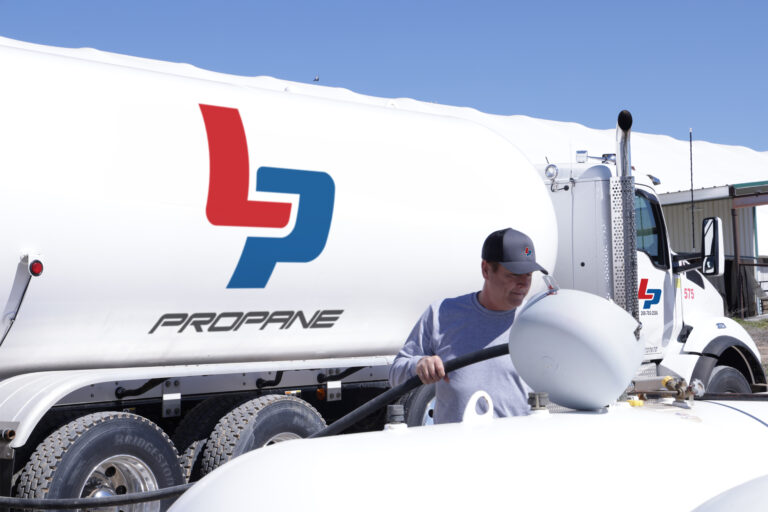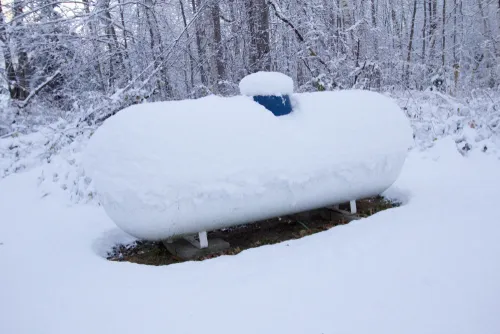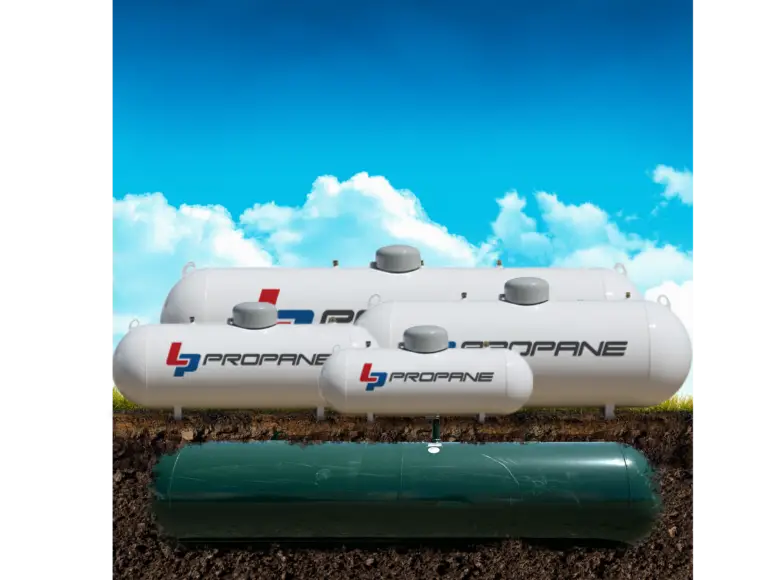
Maximize Comfort with an RV Propane Furnace
Choosing the right propane tank size is essential to ensure that you have enough fuel for your needs without overpaying for unused capacity. Whether you’re grilling on a 20 lb propane tank or heating your home with a 250 gallon

